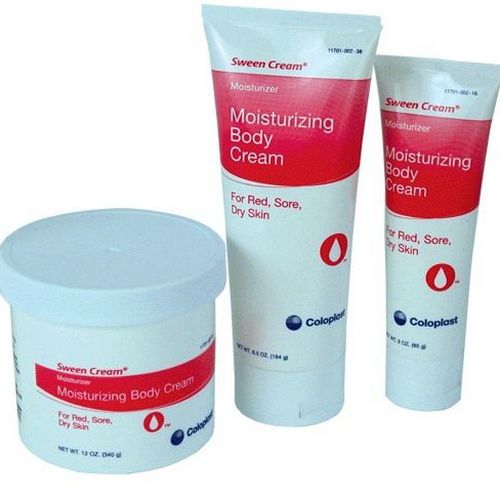
It's winter. For some, winter conjures up images of playing in the snow, making that perfect snowman and sipping hot cocoa by a warm fire. For others, it means staying inside and counting the days until spring. Whether you're inside or out this winter, everyone's skin is at risk.
Dry winter skin is a common problem. It can cause dryness, redness, cracks and itching. Why does skin get so dry during winter? It's not just the cold temperatures that are to blame. Winter air tends to lack humidity which can dry out the skin's outer layer. Not only can dry, cracked skin make you uncomfortable, it can be dangerous as well. The small cracks in the skin, especially on the hands, are an easy way for bacteria to enter the body causing infection or illness. When the temperature drops, simple changes in our routines can help make that dry, flaky, itchy skin fly south for the winter.
5 simple ways you can make your skin happy and healthy:
- Moisturize. Moisturizing is no big secret, but using the right skin moisturizercan make a big difference. Using an oil-based moisturizer, especially after showering while still wet, creates a barrier on the skin that seals in moisture and prevents the dry air from damaging the skin. Some products we like are: Dairy Association Bag Balm Ointment, Sween Moisturizing Body Cream and Atrac-Tain Moisturizing Cream.
- Limit showers to less than 10 minutes and keep it warm, not hot. When it's cold out, nothing sounds better than a hot, steamy shower or a nice soak in the bathtub, but that's not always a good idea. Hot water strips the skin of natural oils so make sure to turn the temperature down and remember that the longer the shower, the more damage you're doing to your skin.
- Limit use of hand sanitizer. This one is tricky since we are in the middle of flu season. When soap and water are not readily available, hand sanitizers are a great option to keep the germs away. When given a choice, however, washing your hands with mild soap and water can be a gentler way to stay clean and healthy.
- Use a humidifier. Humidifiers can help bring the moisture levels back up while you're inside creating a healthier atmosphere for your skin. Don't have a humidifier? It's been shown that houseplants can increase moisture too!
- Bundle up. When you do venture outside, whether for playing or just heading to the car, covering exposed skin can keep it safe from the cold harsh air. Avoid harsh fabrics like wool that can cause more irritation to the skin.
Dry skin can also be a symptom of other underlying medical concerns as well. If your dry skin becomes a serious or persistent problem, please contact your health provider.



